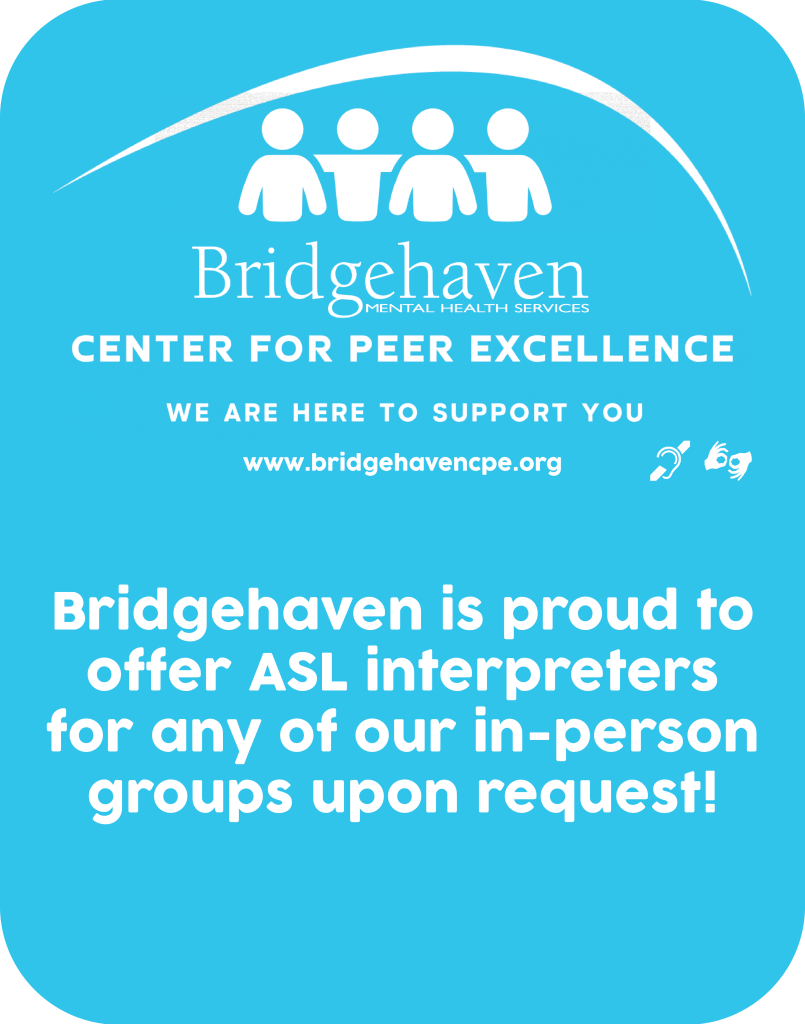The Power Lies Within
Bridgehaven has programming that provides individual and group skill building activities designed to improve the ability to interact and function in the community. Recovery is a process in which individuals with severe mental illness are encouraged to take control of their lives, set goals, take advantage of opportunities and return to living, learning, working and socializing activities of their choosing.
